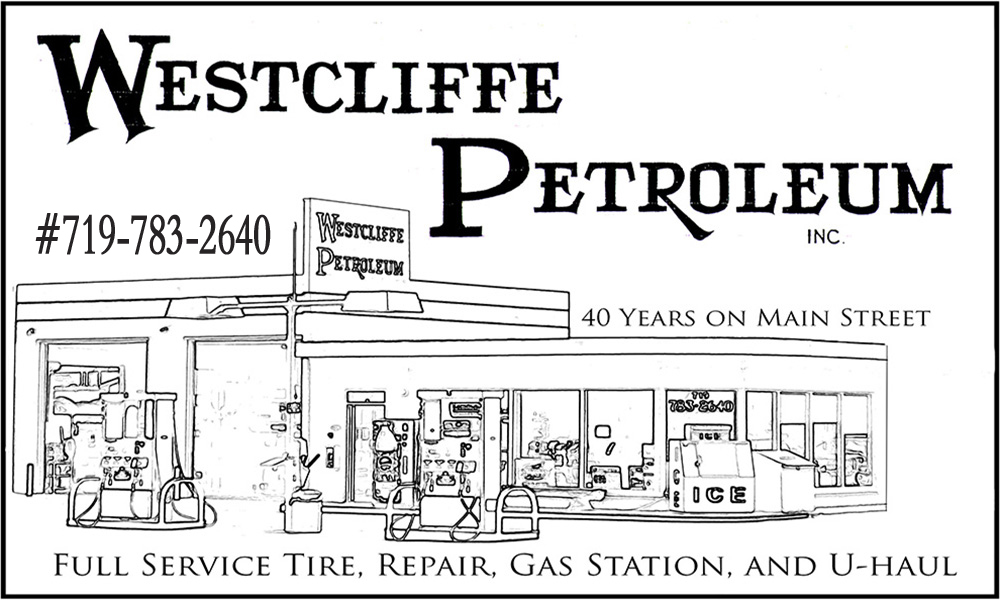by Wildra Walker (Originally published January 9, 2014)
It was a grand scheme—a noble experiment to rescue German immigrant families from deplorable living conditions and the brutal factory and slaughterhouse jobs in Chicago, which provided their meager means of survival. Carl Wulsten, a prominent Chicagoan born in Prussia, organized and led a colony of German people, some 250 in number, to the Wet Mountain Valley during the winter of 1870.
With a few personal items, farm implements, a grist mill, a sawmill and an impressive variety of livestock, the group traveled to Ft. Wallace, Kansas by rail where they disembarked and painfully waited (in loaned Army tents) for further help from the government to arrive so they could continue their sojourn. Wulsten and U. S. Vice-President Schuyler Colfax were friends, having served together in the Union Army. Colfax expedited assistance to the travelers in the form of horse and mule-team drawn ambulance wagons left over from the Civil War, as well as providing a military escort for the remainder of the journey, special favors which elicited much criticism from the Colorado press.

The Colfax Colony (so named in honor of the Vice-President) arrived in the south end of the Valley in March, 1870. The settlers immediately set to work building log cabins and a large storehouse. Even with the hard work, the colony was doomed to fail. An early frost the next fall damaged crops which had been planted in the spring, mismanagement of funds caused dissention within, and the final blow was a powder-keg explosion and fire which destroyed the storehouse and its contents, including written records of the enterprise. The Colfax Colony quietly expired.
Many families left the area to seek their fortunes elsewhere. Then, there were those who stayed, and despite suffering numerous hardships, they were determined to make the Wet Mountain Valley their home. They established ranches and businesses, became highly-regarded citizens—and insured that their family names would be spoken, respected, remain or be remembered in the Valley far into the future.
Acklebein, Kunrath, Lanzendorff, Piroth—names that few but historians and relatives recognize. Others—Jeske, Menzel, Knuth, Falkenberg, Koch, Schultz, Hahnssen, (some with slight spelling changes)—are just a few that are more familiar. Some area descendants still carry the original surname; many others are but one or two generations away; there are women whose married names have replaced their “German Colony” maiden names. Numerous Valley residents are related in some way to the early German colonists.

Russ Hartbauer, who owns and operates Westcliffe Petroleum, and his brother, Brad, proprietor of Wet Mountain RV Park, both Westcliffe residents, are great-grandsons of a Colfax Colony settler, Gerhardt Hartbauer. Their deceased father, Arno, Gerhardt’s grandson, lived his entire life as a rancher here. Arno’s wife, JoAnn, lives in Westcliffe and graciously shared Gerhardt’s story with me, testifying to the toughness and persistence of the first Valley Hartbauer, overcoming unbelievable obstacles to stay here.
When the Colony disbanded, Gerhardt carved out a ranch, depending greatly on his physical stamina for its success. That was compromised when, one brutal winter, he was lost in a blizzard for 48 hours before being rescued. Both of his feet and legs were frozen. When it became obvious that it was his legs or his life, he attempted, unsuccessfully, to remove them with a butcher knife. Neighbors then came to ply him with whiskey, hold him down (it reportedly took five men to do so) and complete the grisly surgery. He recovered, made shoes to it on his knees, and continued ranching, raising two sons in the process. His unusual life story ended, sadly, in an unusual way. He was killed in 1906 at age 71, in a run-away team and wagon wreck.
The Hartbauer name is indelibly written into the history of the Wet Mountain Valley. An industrious, God-fearing, and incredibly brave man brought it here in 1870 with a German colony. It’s still here today.
– Willdra Walker


